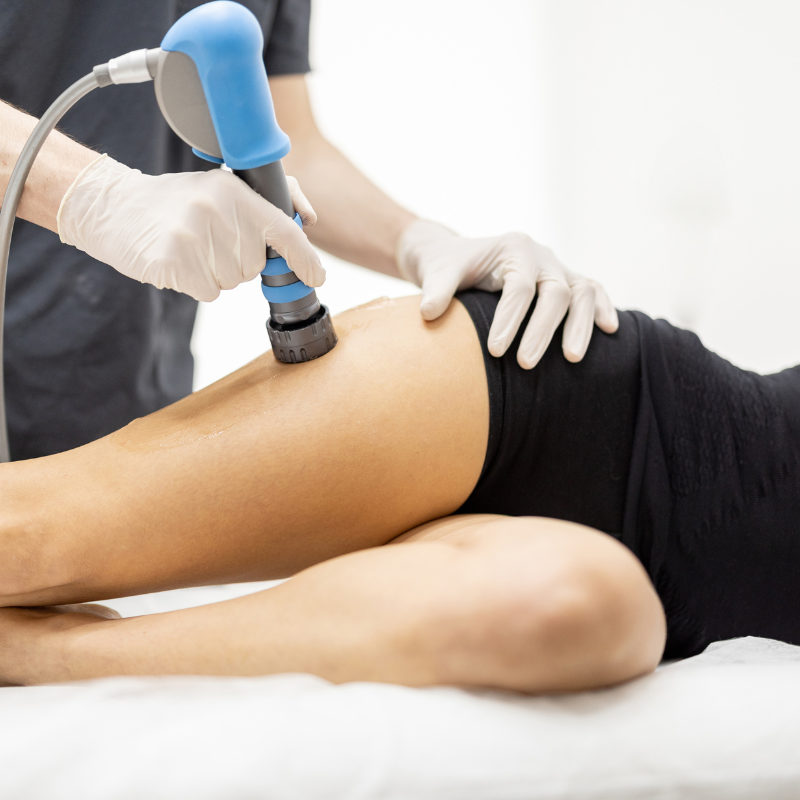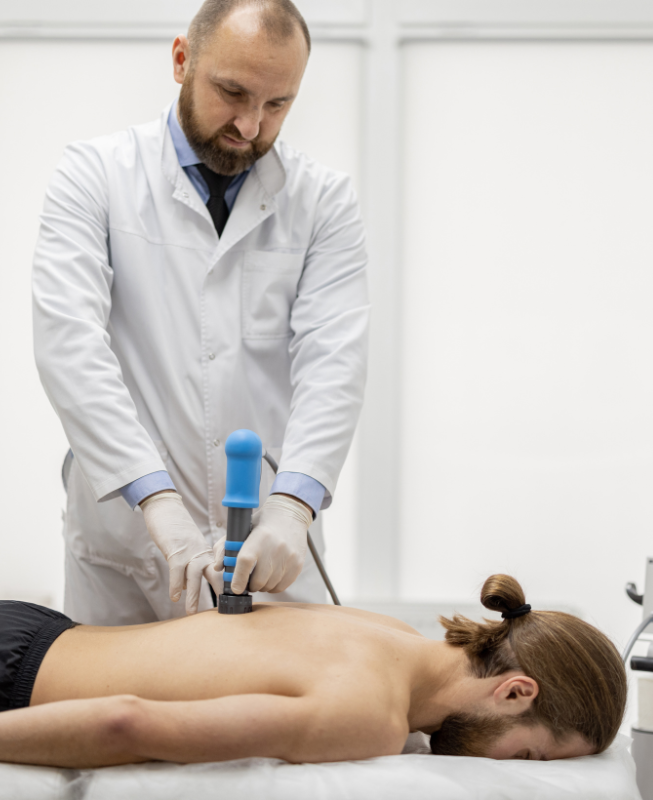The highly trained medical staff at Core Integrative Health uses Acoustic Wave in Dallas. The Acoustic Wave protocol is natural, clinically-supported and can provide long-term improvements. The low intensity of the shockwave therapy works to change the health of the tissue. Studies have provided evidence that AWT offered improvements for more than 75% of patients with a mild case of ED.
Erectile Dysfunction Treatment
Acoustic Wave Therapy addresses the lack of blood flow that presents in men who struggle with ED. When blood flow is interrupted, erections are weak and don’t last long. This shockwave treatment causes neovascularization which is the formation of new blood vessels. These new blood vessels can encourage blood flow for erections that are stronger and longer.
Peyronies Disease Treatment
Acoustic Wave Therapy has shown to be successful in men with conditions associated with Peyronies disease such as scar tissue, abnormal curvature, painful erections, erectile dysfunction.
Sexual Performance & Maintenance
Maintain a healthy sex life for you and your partner. Acoustic Wave Therapy can benefit performance and satisfaction levels for greater confidence in your relationships.




